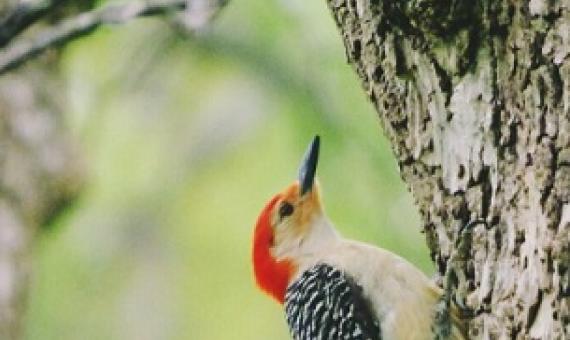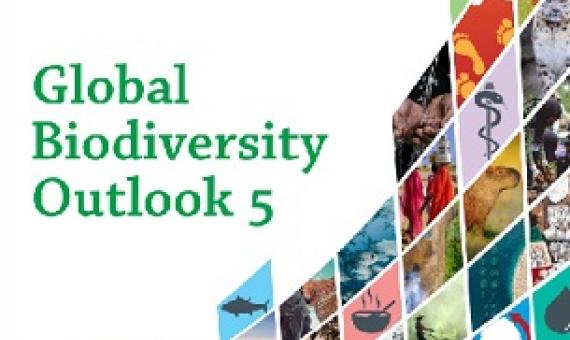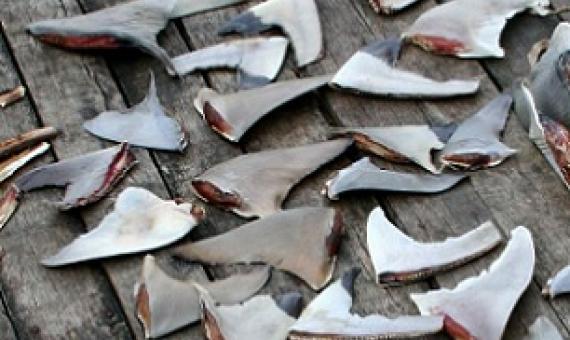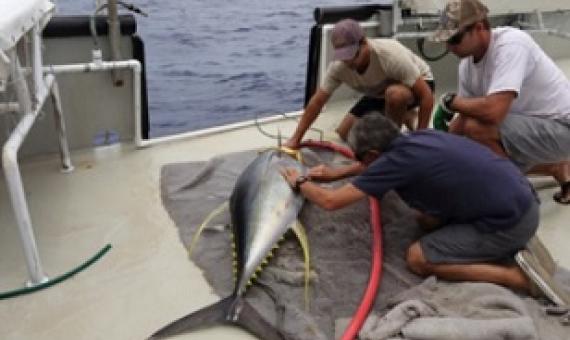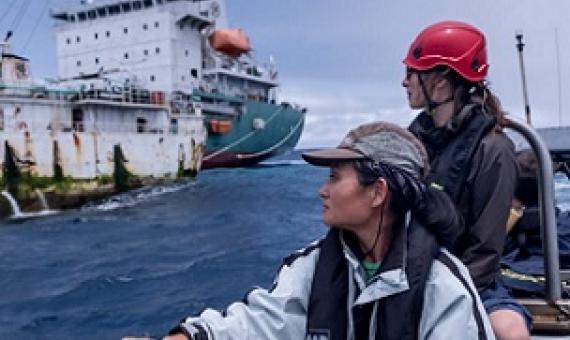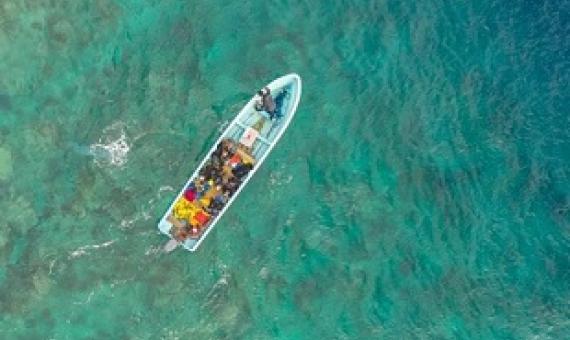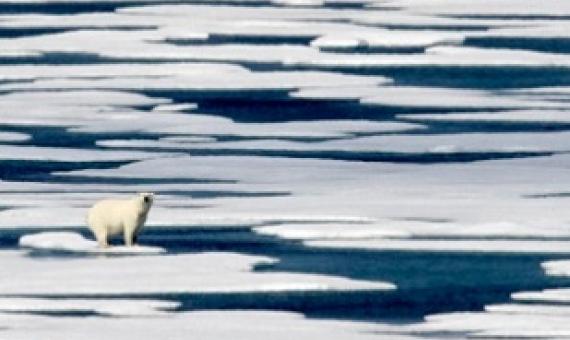In this new covid-19 world, environmental and climate crisis defenders are developing new ways to cope and operate under the pandemic constraints.
A group of economists, anthropologists, and environmental scientists from three continents argued that concrete policies to promote better management of biodiversity haven’t been prioritized in most economic recovery packages that countries around the world are proposing after the pande
The fifth edition of the UN’s Global Biodiversity Outlook report...provides an overview of the state of nature worldwide. Factors like man’s current relationship with nature, continued biodiversity loss and the ongoing degradation of ecosystems are having profound consequences for human well
Illegal trafficking and unsustainable trade in wildlife are causing unprecedented declines in some species. They can also potentially lead to the spread of zoonoses, such as SARS-CoV-2, which causes COVID-19.
A sustainable ocean economy in 2030: Opportunities and challenges
In this report the World Ocean Initiative assesses the challenges facing key sectors in the ocean economy, including seafood, shipping, tourism and renewable energy. We look at the role of banks and investors in financing the transition towards clean, low carbon technologies, as well as opportunities in data and analytics. We examine solutions to marine plastic pollution from source to sea, and the ocean’s potential to remove carbon from the atmosphere and increase resilience to the impacts of climate change.
The Secretariat of the Convention on the Conservation of Migratory Species of Wild Animals (CMS) is pleased to inform you of funding opportunities for the conservation of migratory species including in response to the challenges posed by the COVID-19 pandemic.
The tagging of over 6,000 tuna in the central Pacific over the past seven weeks is being hailed for the data it will provide to ensure accurate assessments of stocks in the region.
The Covid-19 pandemic does not appear to have hindered the distant-water fleets of China and other major fishing nations, but it has largely sidelined the fishery observers and port officials who monitor illegal fishing...The presence of independent observers on trawlers is a frontline deterrent
The COVID-19 crisis has hit tourism-dependent Pacific Island countries severely. Fiji, the largest of these states, is feeling the impact badly, with laid-off workers of tourism-related industries, such as hotels and travel companies, turning to farming and fishing for survival.
In a year of cataclysm, some world leaders at this week’s annual United Nations meeting are taking the long view, warning: If COVID-19 doesn't kill us, climate change will...“We are already seeing a version of environmental Armageddon,” Fiji's Prime Minister Frank Bainimarama said, citing wildfir


